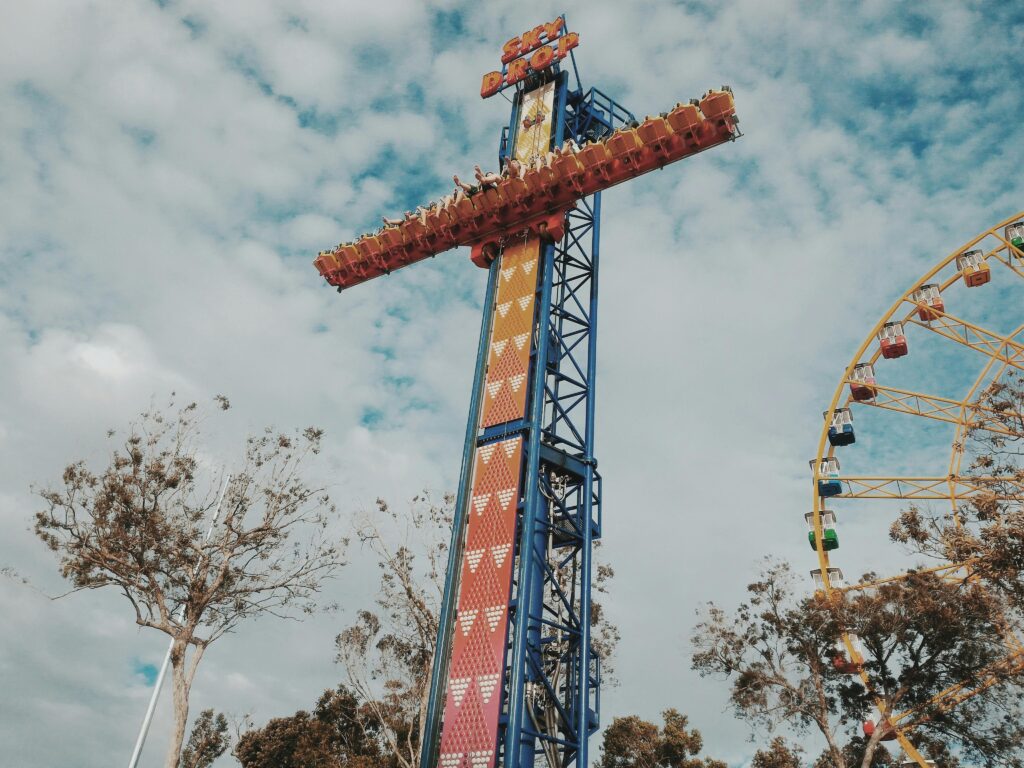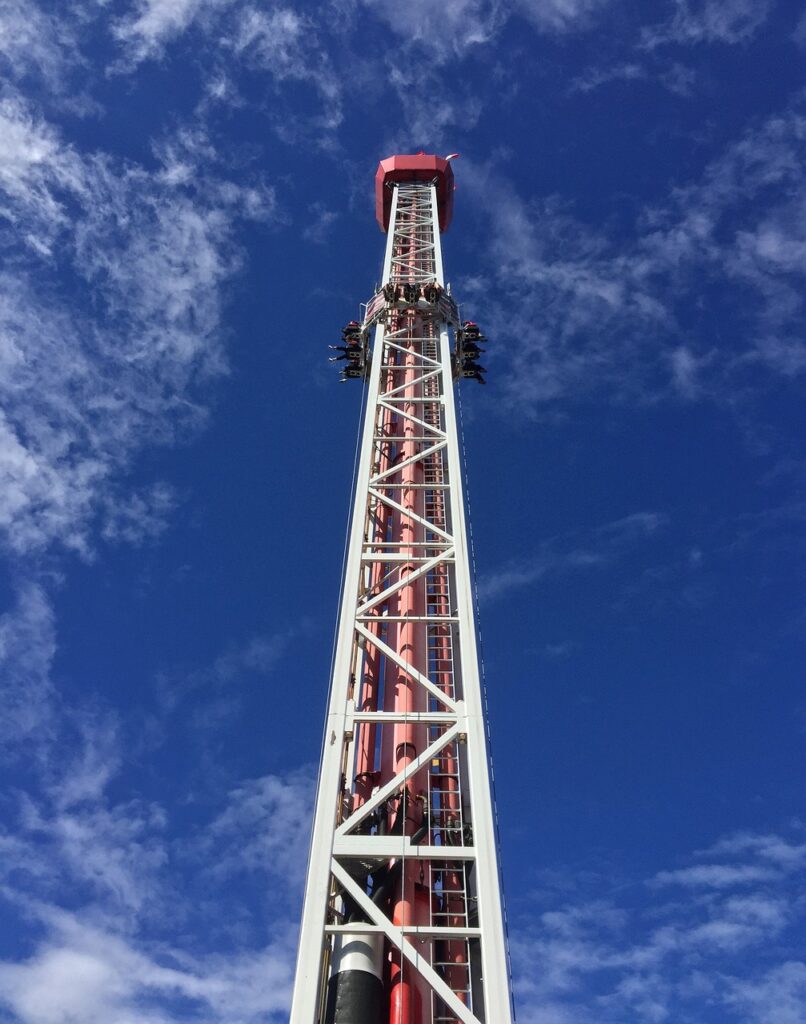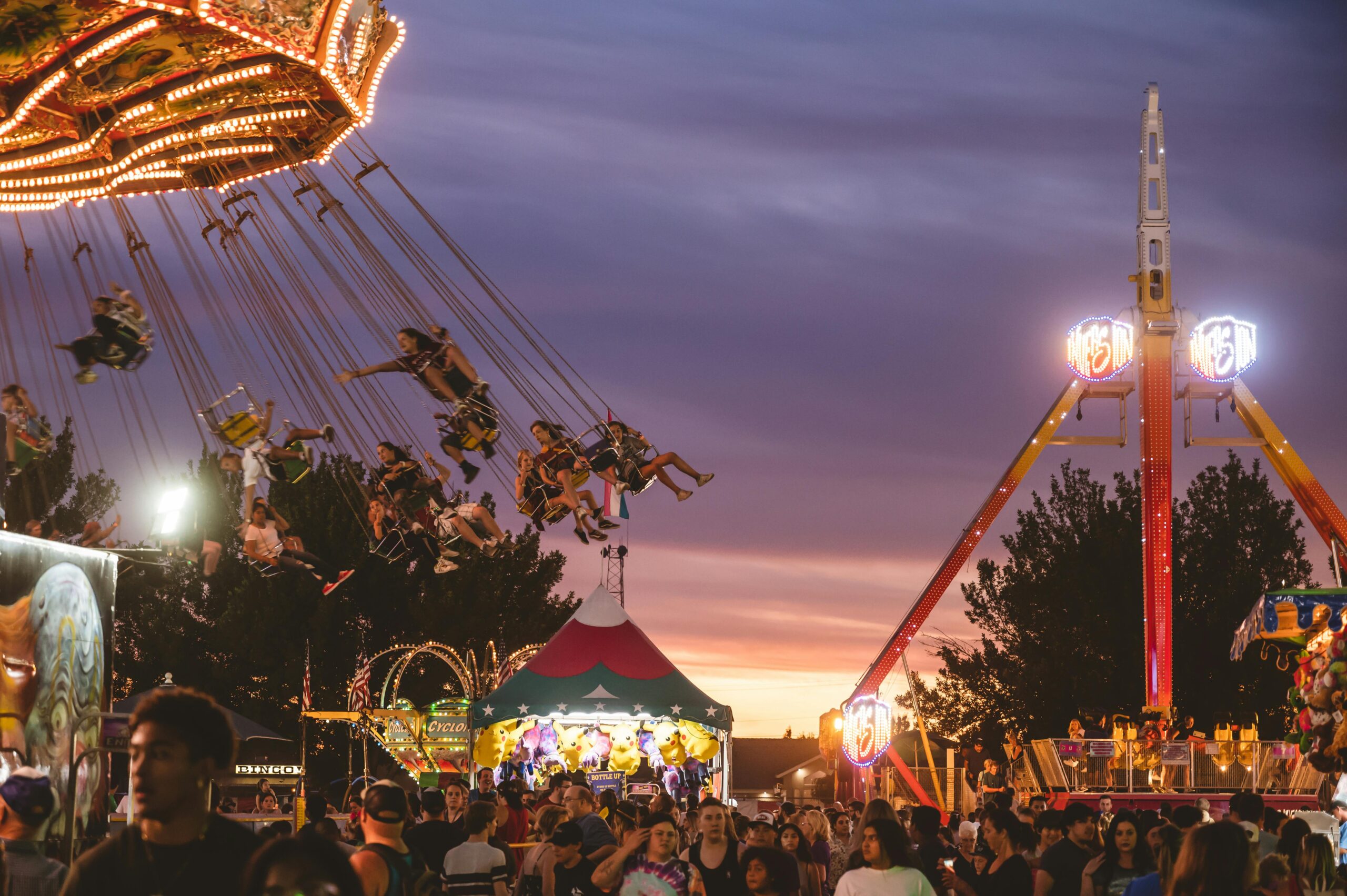In a heart-wrenching incident that shocked the nation, 14-year-old Tyre Sampson lost his life after falling from the FreeFall drop tower ride at Orlando’s ICON Park in March 2022. Now, a Florida jury has awarded $310 million to his grieving family, holding the ride’s manufacturer accountable for critical safety failures. Here’s a detailed look at what happened, the legal aftermath, and the lessons we must learn to prevent such tragedies in the future.

The Fatal Incident: What Happened?
Tyre, a young football star from Missouri, was enjoying spring break with his team when he boarded the FreeFall ride. Tragically, the ride lacked seat belts, and Tyre exceeded the weight limit by 43 kilograms (94 pounds). During the descent, he fell approximately 30 meters (98 feet) to the ground. Despite efforts to save him, he succumbed to his injuries at a nearby hospital.
This devastating loss left his family and community shattered, sparking a national conversation about amusement park safety.
The $310 Million Verdict
After months of legal battles, a Florida jury awarded Tyre’s family $310 million in damages, sending a powerful message about the consequences of negligence. The verdict held Funtime Handels GMBH, the Austrian manufacturer of the ride, accountable for its safety lapses.
Key Legal Points:
- The manufacturer failed to send legal representation to court, leading to a default judgment.
- Tyre’s family had already reached undisclosed settlements with ICON Park and the ride’s owner, Eagle Drop Slingshot.
Safety Reforms: The Tyre Sampson Act
The tragedy spurred swift legislative action. In May 2023, Florida Governor Ron DeSantis signed the Tyre Sampson Act into law. This landmark legislation mandates stronger safety measures for amusement rides over 30 meters tall, including:
- Mandatory Seat Belts: All riders must be secured by seat belts in addition to harnesses.
- Regular Safety Audits: Parks must perform routine inspections to ensure compliance with updated safety standards.
These reforms aim to prevent similar incidents and restore public trust in amusement park attractions.
Beyond the Headlines: What We Must Learn
This case isn’t just about one tragic event; it’s a wake-up call for the entire amusement park industry. Key lapses, like allowing Tyre to ride despite his weight exceeding the limit and the lack of proper safety equipment, reveal the need for stricter oversight.
For park operators and ride manufacturers, this tragedy is a stark reminder that safety must always take precedence over profits.

Frequently Asked Questions
1. What went wrong with the FreeFall ride?
The ride lacked seat belts, and there were no effective mechanisms to enforce the weight limit. Tyre’s harness was not enough to secure him safely during the ride.
2. What is the Tyre Sampson Act?
This Florida law mandates safety measures like seat belts and routine inspections for amusement rides taller than 30 meters.
3. How has this tragedy impacted safety regulations elsewhere?
While the Tyre Sampson Act applies only to Florida, the case has sparked national conversations. Other states are now under pressure to reevaluate their amusement park safety laws.
4. Could this incident have been prevented?
Yes. If proper weight checks and seat belt requirements were in place, this tragedy likely wouldn’t have occurred.
5. What steps can riders take to ensure their safety?
- Follow posted weight and height restrictions.
- Report any safety concerns to ride operators.
- Ensure all safety equipment, like harnesses and seat belts, is properly secured.
Conclusion: A Tragedy That Demands Change
Tyre Sampson’s death was a preventable tragedy that should never have happened. The $310 million verdict, while a victory for his family, serves as a somber reminder of the price of negligence. With the Tyre Sampson Act now in effect, Florida has taken a significant step forward. However, it’s up to the rest of the industry—and the public—to demand and maintain higher safety standards.
Let Tyre’s story be a catalyst for change and a reminder to always prioritize safety over shortcuts. Together, we can work toward a future where amusement parks are places of joy, not tragedy.
Sources BBC


